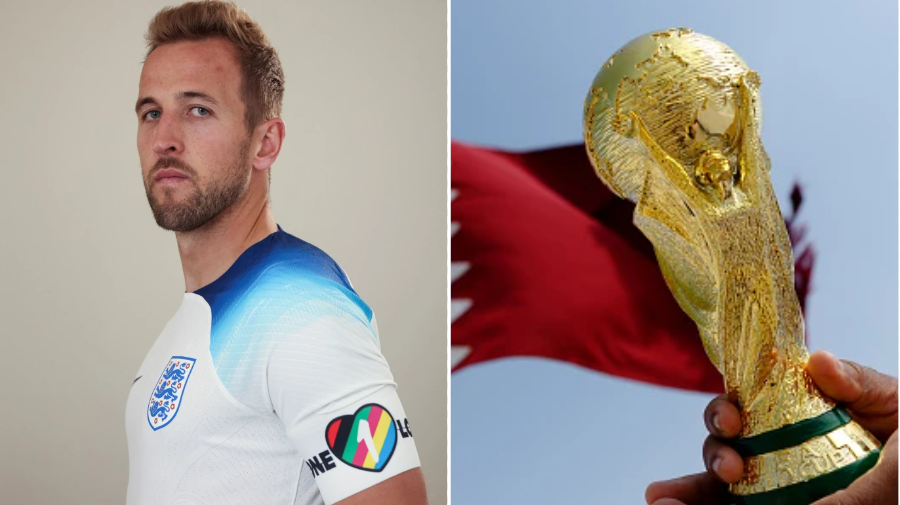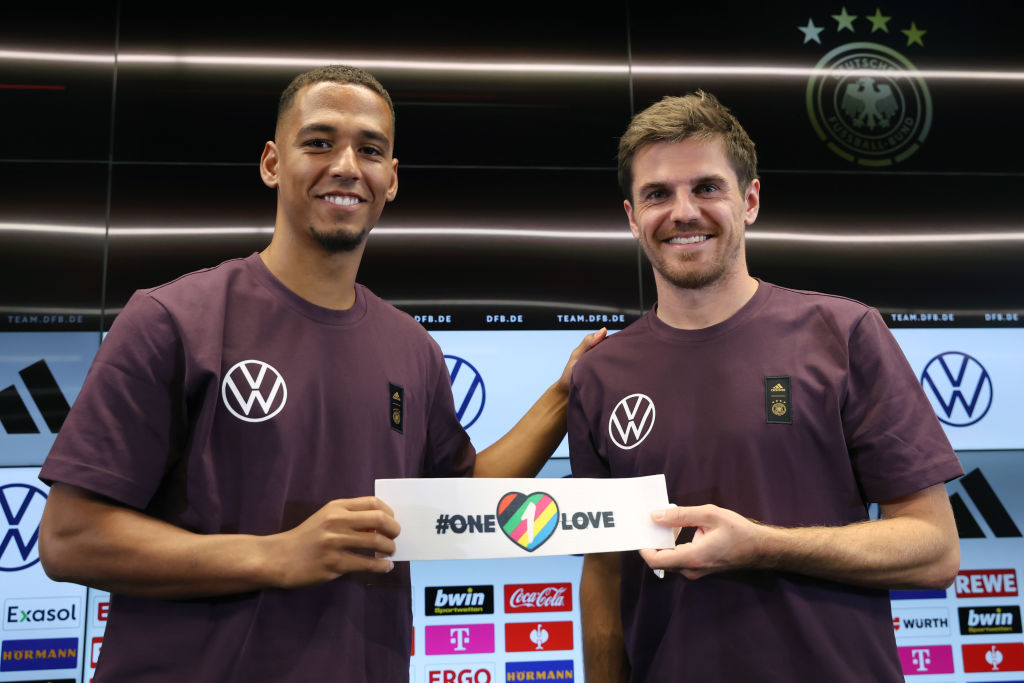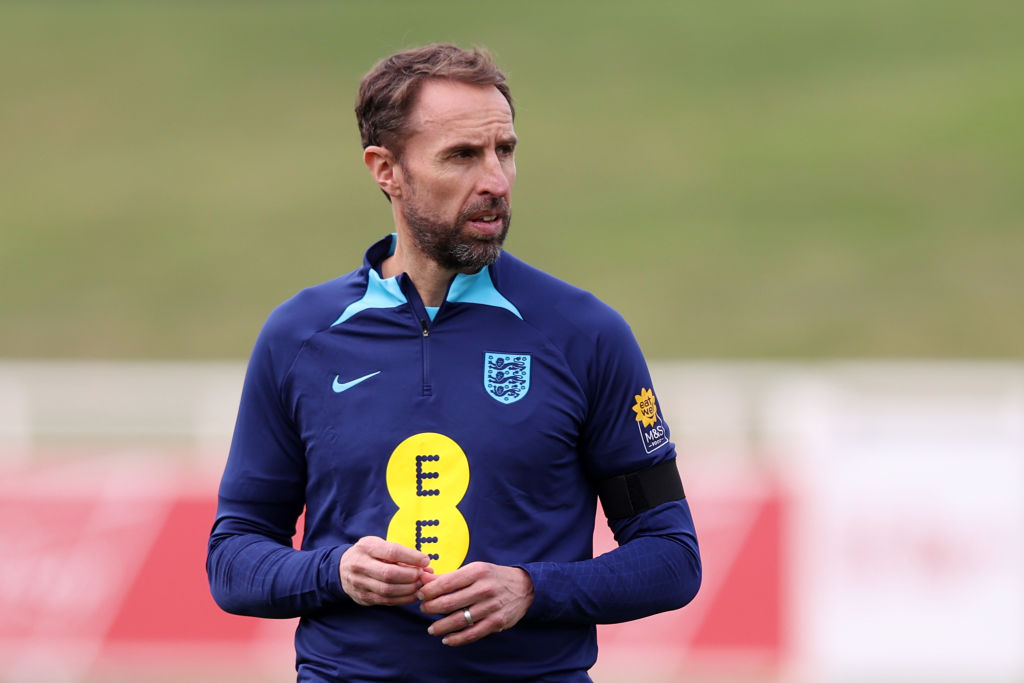
England captain will wear an anti-discrimination armband during the team’s matches in Qatar this winter.
The Association has joined nine other European federations, including the Football Association of Wales, in supporting a season-long OneLove campaign against discrimination.
Kane and the captains of the eight other countries who have qualified for the World Cup will wear the OneLove armband in Qatar, where same-sex relationships and the promotion of same-sex relationships, are criminalised. He will wear the armband for the first time in Friday night’s Nations League match against Italy.
Kane said: “I am honoured to join my fellow national team captains in supporting the important OneLove campaign.
“As captains we may all be competing against each other on the pitch, but we stand together against all forms of discrimination.
“This is even more relevant at a time when division is common in society. Wearing the armband together on behalf of our teams will send a clear message when the world is watching.”
The FA continues to request more detail on the assurances given by the local organising committee that all fans, including those from the LGBTQ+ community, will be welcome, safe and secure in Qatar.

FA chief executive Mark Bullingham said his organisation was also lobbying the game’s global governing body for an update regarding a compensation scheme for migrant workers in Qatar and the creation of a centre to help those workers access support.
‘We continue to push for the principle of compensation for the families of migrant workers who have lost their lives or have been injured in construction projects,’ he said.
‘Again, we are pushing FIFA for an update on the compensation fund which has been consistently referenced as a safety net where workers and their families have been unable to secure compensation from the construction companies.’

Human rights organisations including Amnesty International have called on FIFA to set aside 440 million US dollars (£388m) to support a compensation fund and help establish a migrant workers centre.
The amount is equivalent to the prize money on offer to teams at the World Cup.
The FA said a group of migrant workers had been invited to England’s World Cup training base at Al Wakrah to meet the players.
Amnesty welcomed the FA’s stance on discrimination and migrant worker rights.
The organisation’s head of priority campaigns, Felix Jakens, said: ‘The FA’s pledge to support efforts to remedy abuses suffered by thousands of overseas workers in Qatar – including with a Migrant Workers’ Centre – could be significant, but we still need to see whether this is seriously taken up either by the Qatari authorities or by FIFA.
‘Human rights issues have plagued preparations for this World Cup, and we’ve previously been disappointed by years of FA reticence and over-optimistic statements about ‘progress’ in Qatar.
‘Unexplained migrant worker deaths, workers being cheated of their wages and others working extremely long hours are just some of the issues that Qatar’s patchily-enforced labour laws are still failing to address.
‘Top-flight football is immensely rich and genuinely influential, and FIFA should have insisted on human rights clauses when it originally assessed Qatar’s hosting bid.’
, .
, and .



















